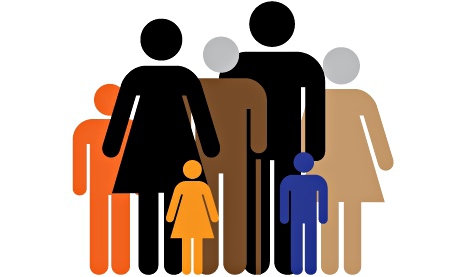 We don’t often celebrate caring across the generations. When we were growing up, grandparents were the ones who gave us whatever we wanted, provided we didn’t tell our parents. And as the grandma of five grandsons, I know that still applies today.
We don’t often celebrate caring across the generations. When we were growing up, grandparents were the ones who gave us whatever we wanted, provided we didn’t tell our parents. And as the grandma of five grandsons, I know that still applies today.
There’s been talk about Granny leave for the caregivers of elderly parents. Businesses lose billions of dollars annually because of employees missing work for family concerns. As the number of family members available to care for aging loved ones decreases and the number of those in need increases, our society is facing serious social issues.
How do we honor intergenerational relationships, highlight aging with dignity, and demonstrate the growing need to support caregivers?
You must have heard about the dilemmas of Millennials with huge student loans and poor job prospects who have boomeranged back home. They’re digital natives and the first generation to grow up with such an acute awareness of terrorism and globalization. As a result, they have developed a thoughtful approach to navigating this chaotic world. According to a recent Millennial Impact Report, three quarters of them donate money to charitable causes and almost two thirds volunteer their time to help others.
Think about reconciling the growing need for caregiving by pairing available Millennials with grandparents who would enjoy a deeper emotional connection. And what’s the bonus? One study shows that a good relationship between grandparents and adult grandkids may bring emotional benefits to both, specifically fewer depressive symptoms. The elders in the study who were able to give back tangible support had the biggest boost in mental wellbeing. They experienced a greater sense of purpose as well as felt more worthwhile and needed.
So why not let grandma share her best recipes with you, write a birthday check, or give you that family heirloom you’ll cherish? Ask grandpa to talk about his life growing up and learn from his stories of successes and failures. You’ll see that a two-way supportive relationship can be a win/win for everyone.









